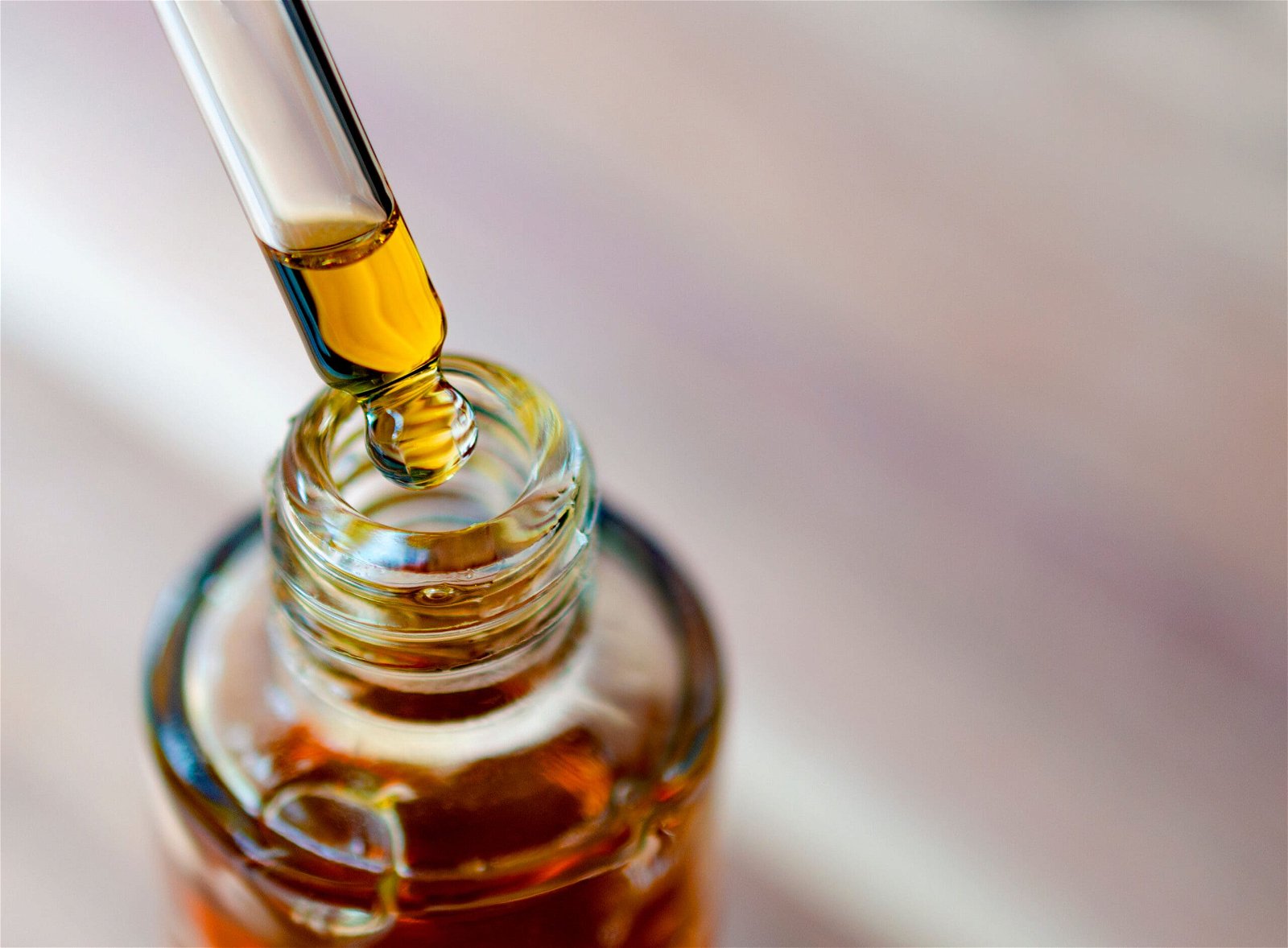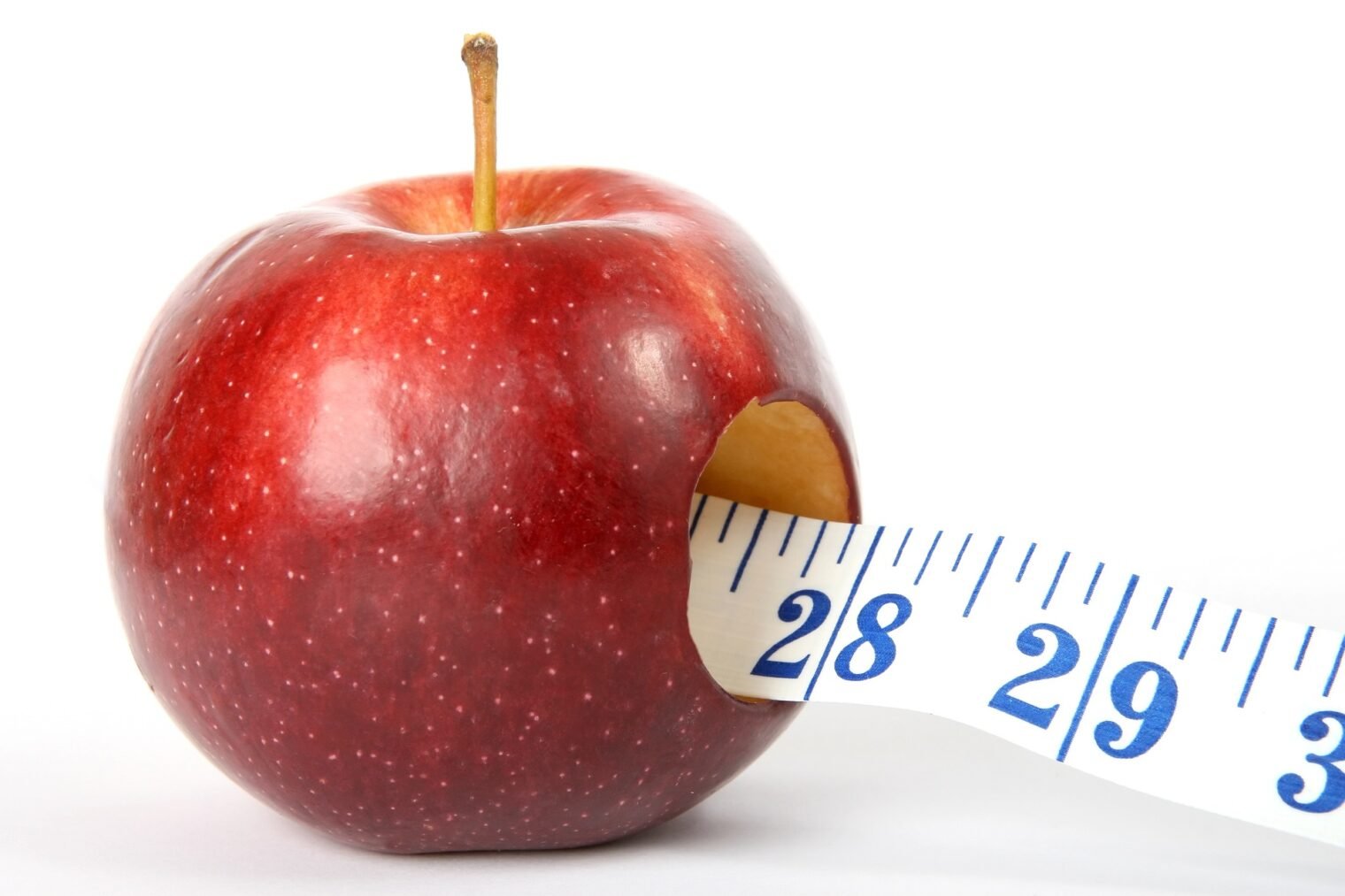Does cannabidiol can treat cancer? In the world’s challenging landscape of cancer treatment, the pursuit of alternative therapies that enhance the quality of life for patients has become increasingly important. Beyond traditional medical approaches, there is a growing interest in the potential benefits of cannabis oils, particularly as a complementary aid for individuals undergoing cancer treatment.
But even cannabis is popular amongst people diagnosed with cancer. Can we rely on it?
Let’s start with A short story of Cannabis
For millennia, Cannabis sativa has been harnessed for its medicinal properties, boasting a rich tapestry of over 540 metabolites believed to underpin its therapeutic effects. Among the key phytocannabinoids, cannabidiol (CBD) and tetrahydrocannabinol (THC) emerge as pivotal players. Unlike THC, cannabidiol (CBD) presents without the potentially intoxicating effects, paving the way for a nuanced exploration of its medicinal potential.
Preclinical and clinical investigations have unveiled a spectrum of therapeutic effects associated with CBD, many of which bear relevance to the intricate landscape of cancer management. Delving into the potential mechanisms through which CBD may exert its influence on cancer, and spotlighting evidence of its efficacy in the integrative approach to cancer care, illustrating its potential synergy with conventional cancer care practices.
Cannabidiol (CBD) in Integrative Symptom Management
Living with cancer brings forth a myriad of challenges, encompassing not only the disease itself but also the often-arduous side effects of its treatment. Individuals grappling with cancer commonly endure a spectrum of signs and symptoms, including stress, anxiety, depression, disrupted sleep patterns, chemotherapy-related nausea and vomiting, pain, neuropathy, oral mucositis, cancer-related fatigue, cachexia, and anorexia. In this intricate landscape, CBD emerges as a potential ally, contributing to an integrative approach that complements orthodox cancer treatment strategies. This holistic approach considers not only pharmacological interventions but also factors like diet, physical activity, sleep hygiene, vitamin D levels, and stress reduction.
Within this nuanced framework, approved cannabinoid drugs have found their place in addressing specific signs and symptoms associated with cancer. Notably, the synthetic THC analog nabilone is prescribed to alleviate chemotherapy-induced nausea and vomiting (CINV), offering relief in a challenging facet of cancer treatment. Additionally, Nabiximols, featuring an approximate 1:1 ratio of THC and CBD, have gained approval in Canada for the treatment of cancer-associated pain.
As we navigate the intricate landscape of cancer and its multifaceted impact, the integration of cannabidiol CBD into comprehensive care plans underscores a promising avenue for enhancing the quality of life for individuals facing the complexities of cancer and its treatment.
Cannabis and Cannabidiol Products
1. Cannabis-Based Liquid Extracts:
• Notable examples include Nabiximols, featuring an approximate 1:1 ratio of THC and CBD. These liquid extracts provide a versatile option for patients seeking a balanced blend of phytocannabinoids.
2. Phytocannabinoid Botanicals:
• This category encompasses a diverse array of formulations, from oils and capsules to pills, sublingual or intranasal sprays, suppositories, transdermal patches, E-Liquids for vaporisation, and topical ointments. Each offers a unique delivery method catering to individual preferences and medical needs.
3. Single Molecule Drugs:
• Synthetic or semi-synthetic prescription drugs, such as nabilone and dronabinol, have gained FDA approval. These single-molecule formulations provide standardised doses of specific cannabinoids, ensuring precision in therapeutic applications.
It’s essential to recognise the distinctions between flower and cannabis oil products, rooted in variations of key phytocannabinoids THC and CBD. Additionally, differences in terpene profiles and minor phytocannabinoids contribute to the nuanced therapeutic actions of each product. As patients explore the diverse landscape of medicinal cannabis, understanding these distinctions becomes pivotal in tailoring treatment plans to individual needs and preferences.
Cannabis oil, a dynamic product with varying THC and cannabidiol (CBD) concentrations, holds diverse applications and considerations within the wellness landscape. In parallel, the availability of cannabidiol CBD oil, a distinct product often found in health food shops, further widens the scope of therapeutic options.
Regulatory Framework and Accessibility
Crucially, cannabidiol (CBD) oil falls outside the purview of controlled substances under the Misuse of Drugs Act. Its classification as a food supplement enables legal sale in the UK, provided sellers refrain from making medicinal claims. This regulatory framework enhances accessibility and choice for consumers.
Administration Methods and Considerations
The versatility of CBD oil is reflected in various administration methods. Whether opting for a liquid placed under the tongue or capsules swallowed for convenience, users can tailor their consumption to personal preferences and medical needs.
Consulting with a doctor before incorporating cannabidiol (CBD) oil into one’s regimen is crucial. Speaking with healthcare professionals ensures an informed and safe approach. Whether facing cancer personally or supporting a loved one, comprehensive discussions with medical experts empower individuals to make well-informed decisions on their path toward holistic well-being.
Top of Form
At HeClinic, we stand as a licensed cannabis seller, offering a range of carefully curated options to cater to diverse needs. Our commitment extends beyond providing products; it encompasses a dedication to supporting individuals in their health and wellness.
Explore our offerings, including THC, THC: CBD 5ml for 1,900 baht, and CBD and THC Forte 10 ml for 4,900 baht, as part of our endeavour to bring forth comprehensive choices for those seeking integrated solutions in their pursuit of the quality of life.















